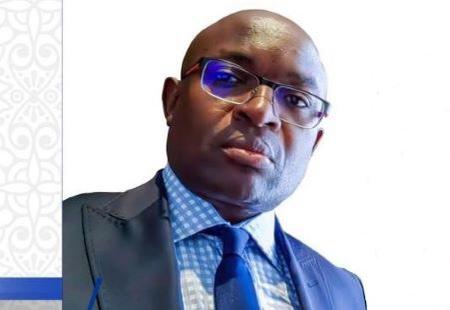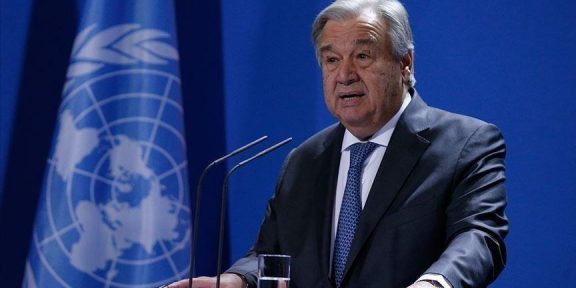There are those who, in search of work, take the most unlikely routes and means to seek greener pastures. Others, like the former, are seduced by the mirage of a better life elsewhere and leave enviable situations to embark on adventures. Both have the ambition to make the most of their talents, which are not sufficiently recognised in their countries of origin. This, at least, is the pretext used to justify the desperate desire to leave that is sweeping our youth.
The resulting wave of migration has not finished draining the human and financial potential of our families and communities, just as it has not finished turning the desert and the sea into the graves of anonymous people. Even when they reach their destination, the most fortunate are confronted with new forms of slavery, condemned to more wandering, curiosity and rejection, as the much-vaunted El Dorado becomes decreasingly a land of hospitality.
Underpinned by the theory of the Great Replacement, not a public speech or official pronouncement is made without the promise of a merciless fight against the invasion from the South. In every respect, and whatever the ideological persuasion, the presence of foreigners has become a social problem for the champions of universality. One wonders whether the concepts of openness to the world, human mobility and the sharing of opportunities are not one-sided, unless they have lost their essence and consistency.
Instead of the voluntary openness brought about by globalisation, there is a clear desire to erect physical and legal barriers against foreigners – foreigners who are accused of all sorts of wrongs, constantly exploited, treated as profiteers and then rejected, but who are nevertheless demanded the right to settle, and in a dominant position.
These are all manifestations of a xenophobia and supremacism that are far from being new, circumstantial and spontaneous, or the work of a marginal group. The recent elections remind us of this.
So instead of offering ourselves to an assimilation that refuses to enslave us, what could be better than to stay at home, free to move, and free to pursue our aspirations? To stay at home, free to invest in making our dreams come true by taking an active part in building our country. The others did it. It took them three centuries. We can do it too.
And if we take advantage of scientific and technological advances, it will take us much less time. At this tipping point between underdevelopment and development, we have three key assets: knowledge, talent and belief in ourselves. All we have to do is get to work, here, today and now!!!









